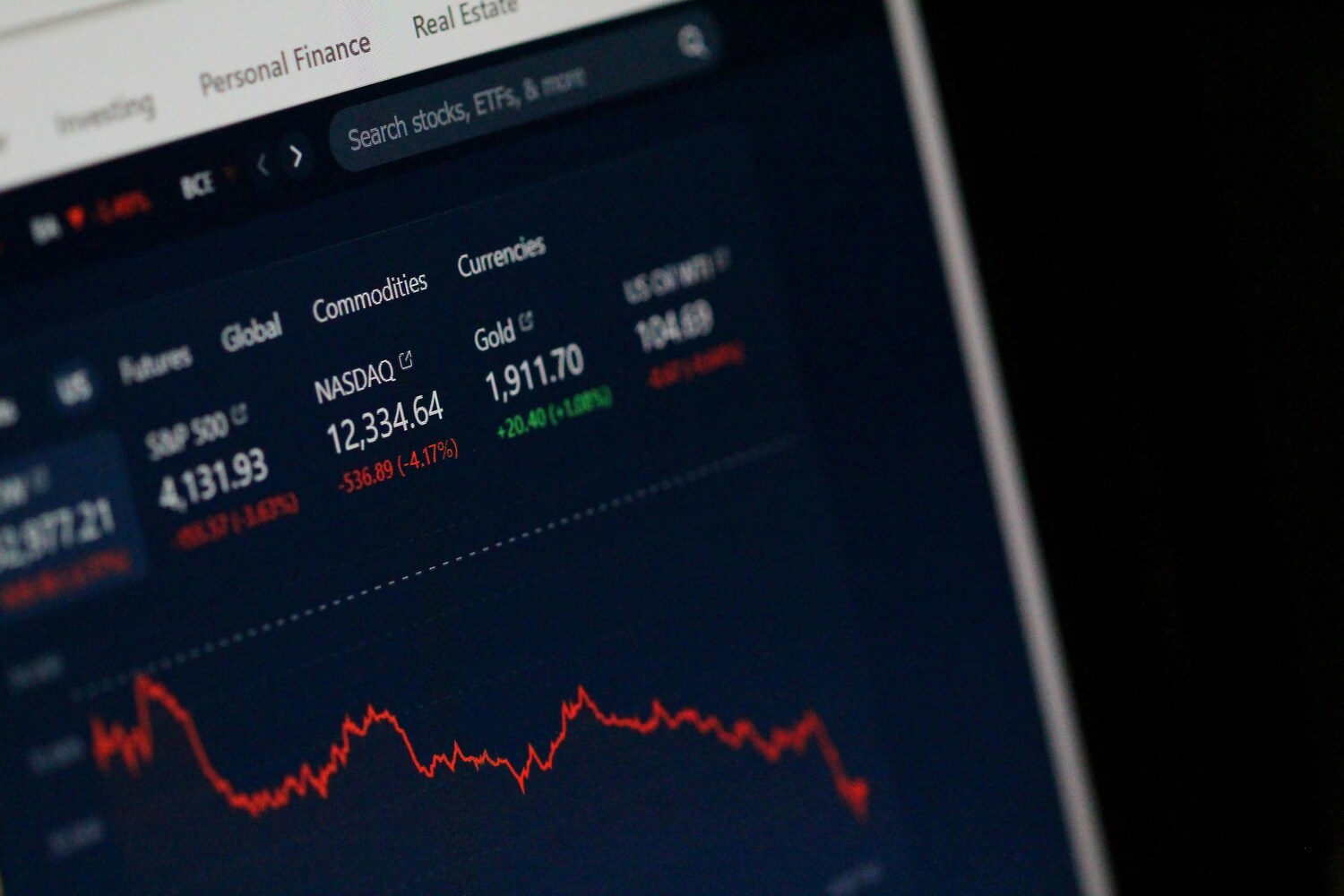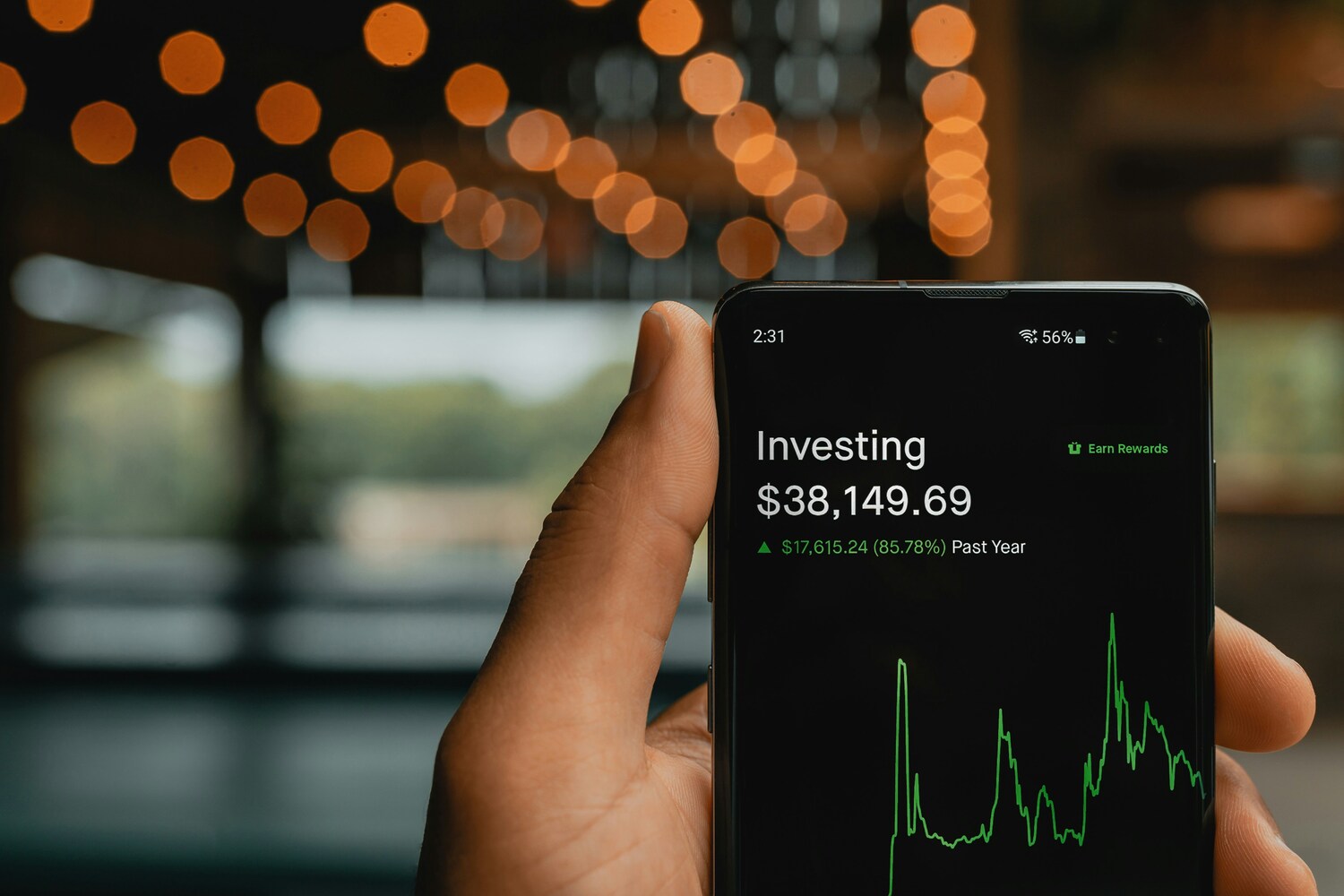
When you’re a Child Boomer nearing retirement, you’re not simply managing cash. You’re guarding the life you’ve constructed. You’ve labored for many years, contributed to your 401(ok), saved diligently, and made sacrifices. However as you transition from incomes to withdrawing, your investments want to alter, too.
Sadly, many Boomers carry outdated recommendation, emotional attachments, or blind spots on the subject of their portfolios. What as soon as appeared like good performs in your 40s might quietly sabotage your monetary stability now. Retirement is not about simply surviving. It’s about making certain that your cash outlives you, not the opposite approach round.
Listed here are 11 investments each cautious Boomer ought to query earlier than strolling away from the workforce for good.
1. Excessive-Price Mutual Funds That Drain Your Nest Egg
Mutual funds could really feel “secure” as a result of they’re acquainted, however excessive charges could be a silent killer. Actively managed funds usually include expense ratios exceeding 1%, and whereas which may not sound like a lot, over time, it might probably devour hundreds out of your portfolio. Each greenback paid in charges is one much less greenback compounding in your future.
Many Boomers maintain mutual funds out of behavior, not as a result of they’re the very best obtainable. Decrease-cost index funds and ETFs supply higher returns for fewer charges. As you head into retirement, preserving capital ought to matter greater than model loyalty. All the time ask: Is that this fund incomes its hold?
2. Rental Properties That Flip Into Full-Time Jobs
Actual property has lengthy been thought-about a reliable asset, however while you’re retired, being a landlord can turn into extra of a burden than a profit. Late-night upkeep calls, unreliable tenants, tax paperwork, and rising property taxes could slowly erode your high quality of life.
Positive, rental earnings is interesting, however passive earnings shouldn’t really feel like one other job. If managing property interferes along with your freedom or peace of thoughts, it could be time to promote and reinvest in one thing that doesn’t require your fixed consideration.
3. Timeshares That Supply Nostalgia, Not Returns
Timeshares are marketed as “life-style investments,” however for retirees, they usually turn into liabilities. Many Boomers purchased timeshares within the ’90s and early 2000s and are actually caught with rising upkeep charges and declining worth. Resale markets are flooded, and patrons are scarce.
When you’re not utilizing your timeshare otherwise you’re dreading the annual invoice, it’s price reassessing whether or not it’s an asset or a monetary lure. Sentimentality shouldn’t value you hundreds a 12 months. Take into account getting out whilst you nonetheless can.
4. Company Bonds That Aren’t as Secure as They Appear
Bonds are historically seen as conservative, however not all bonds are created equal. Many Boomers shift closely into company bonds nearing retirement, however credit score downgrades, rate of interest volatility, and firm defaults could make this a riskier transfer than it seems.
Worse, if inflation rises and rates of interest keep elevated, long-duration bonds can lose vital worth. Don’t assume all bonds are secure. Consider credit score scores, durations, and sectors earlier than overcommitting. Conservative doesn’t all the time imply risk-free.
5. Variable Annuities With Hidden Charges and Restricted Flexibility
Annuities are common amongst retirees for his or her promise of regular earnings, however variable annuities, specifically, usually include advanced phrases, excessive administration charges, and give up expenses. The “ensures” they provide are sometimes offset by decreased liquidity and costly riders.
Boomers are sometimes pitched annuities by commission-driven advisors. When you don’t perceive precisely how yours works or what it prices to exit, you want a second opinion. In lots of circumstances, a well-balanced portfolio gives higher flexibility and development with out the advantageous print.
6. Dividend Shares That Aren’t As Secure As You Suppose
Dividend-paying shares can appear best for retirees: a gentle stream of earnings plus development potential. However corporations can minimize dividends in a downturn, and chasing excessive yields can lead you to distressed corporations masking deeper monetary issues.
Don’t get lured by large yields with out analyzing the corporate’s fundamentals. A 9% dividend may look nice till the inventory drops 20% in a single day. Diversify your earnings sources and ensure your dividend technique isn’t simply smoke and mirrors.

7. Cryptocurrency Investments You Don’t Totally Perceive
Crypto has gone mainstream, and a few Boomers have jumped in, desirous to seize the explosive development tales they’ve seen in headlines. However the volatility, lack of regulation, and safety dangers make this a harmful guess for these approaching retirement.
Except you really perceive blockchain, storage wallets, and market timing, crypto needs to be handled with excessive warning or prevented altogether. When you do make investments, contemplate it play cash, not a core a part of your retirement security internet.
8. Illiquid Personal Placements or REITs
Non-traded REITs and personal placements are sometimes bought as high-yield alternate options to conventional investments. However many Boomers don’t notice how illiquid and opaque these property could be. Redemption insurance policies could also be strict, valuations could be deceptive, and exit timelines could be unpredictable.
In case your funding technique requires flexibility (as most retirement plans do), then locking cash away in inaccessible automobiles could cause severe stress later. Earlier than committing, ask how straightforward it’s to get your cash out and the way quickly you may want it.
9. Outdated Life Insurance coverage Insurance policies Draining Worth
You’ll have purchased an entire life or common coverage a long time in the past with good intentions, however now, that coverage may not suit your wants. Premiums could have elevated, returns could also be underwhelming, and the protection could be pointless in case your dependents are financially unbiased.
Some insurance policies could be bought or transformed into extra helpful choices, however Boomers usually overlook this. It’s price having an expert evaluation your insurance coverage panorama to see if it’s nonetheless working for you or simply taking cash from you.
10. Gold and Valuable Metals That Don’t Pay You to Maintain
Whereas gold has a status as a “secure haven,” it doesn’t produce earnings, which may make it much less best for retirees needing common money stream. Moreover, gold costs could be risky and pushed by sentiment greater than fundamentals.
It’s advantageous to carry a small proportion as a hedge, however relying closely on gold might depart you uncovered and under-earning. Ensure that your portfolio isn’t glittering on the floor whereas underperforming in actuality.
11. Firm Inventory That Ties Too A lot to One Basket
Many Boomers nearing retirement maintain a major quantity of inventory from the corporate they labored for. Whereas this may occasionally really feel loyal or logical, it places your monetary future in danger if that firm hits hassle.
Diversification is your greatest good friend in retirement. In case your employer inventory makes up greater than 10% of your portfolio, it’s time to shift. Shield your future from the destiny of a single agency, even when it as soon as paid your paycheck.
Retirement Calls for a New Playbook
Retirement is a brand new part of life, and it calls for a contemporary perspective on danger, return, and reliability. The investments that received you right here might not be those that carry you comfortably by the following 20–30 years. As a cautious Boomer, your job now isn’t simply to develop wealth however to protect it, use it properly, and sleep properly at evening.
If any of those 11 investments sound acquainted, it could be time for a portfolio evaluation—earlier than it’s too late to course-correct. Being cautious doesn’t imply being passive. It means making selections that align along with your actual targets. Not simply your previous habits.
Which of those investments do you continue to maintain or are questioning now? Have you ever made any modifications to your retirement portfolio lately?
Learn Extra
Warren Buffett and His Boring Investing Recommendation That May Make You Wealthy